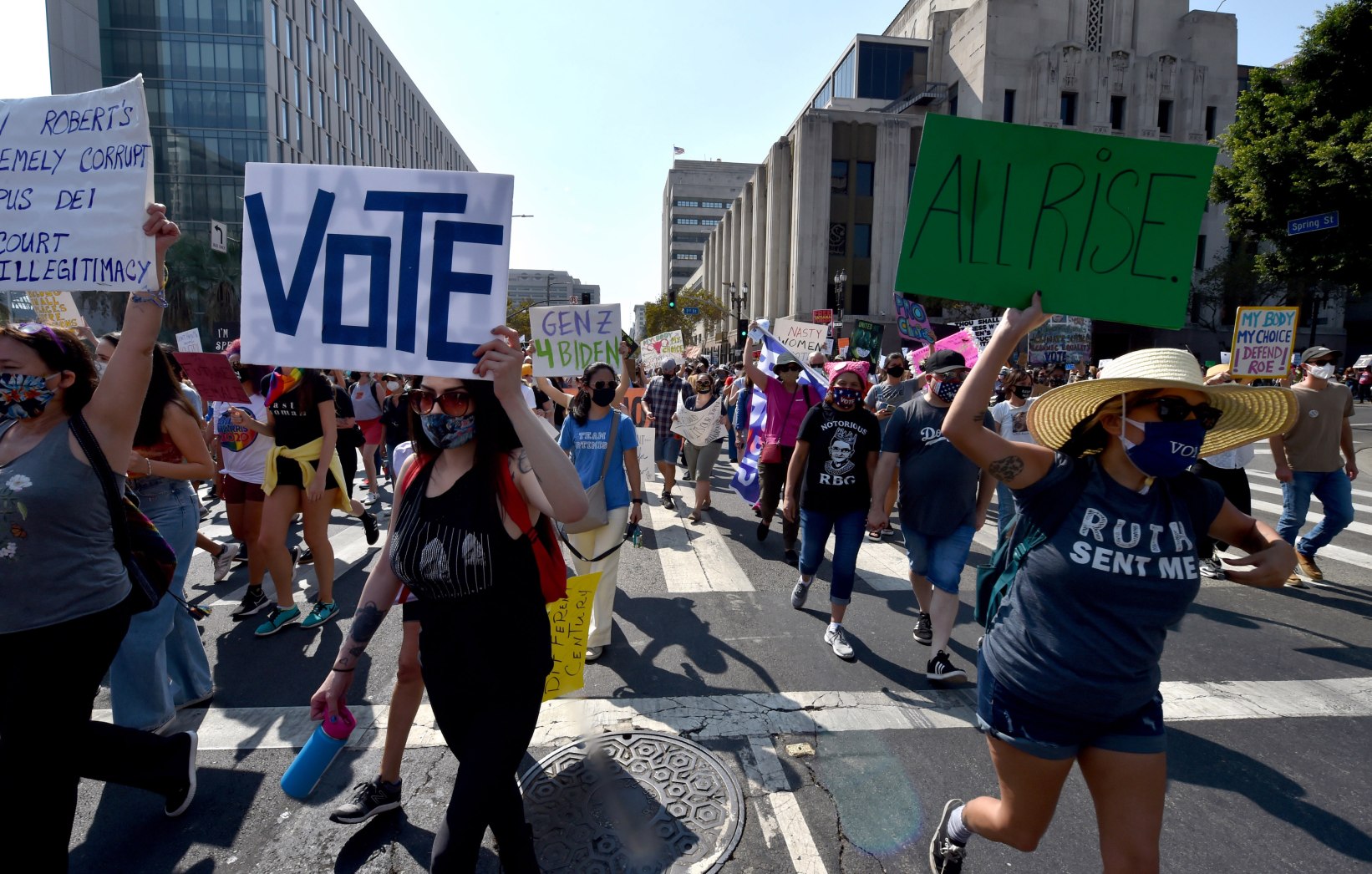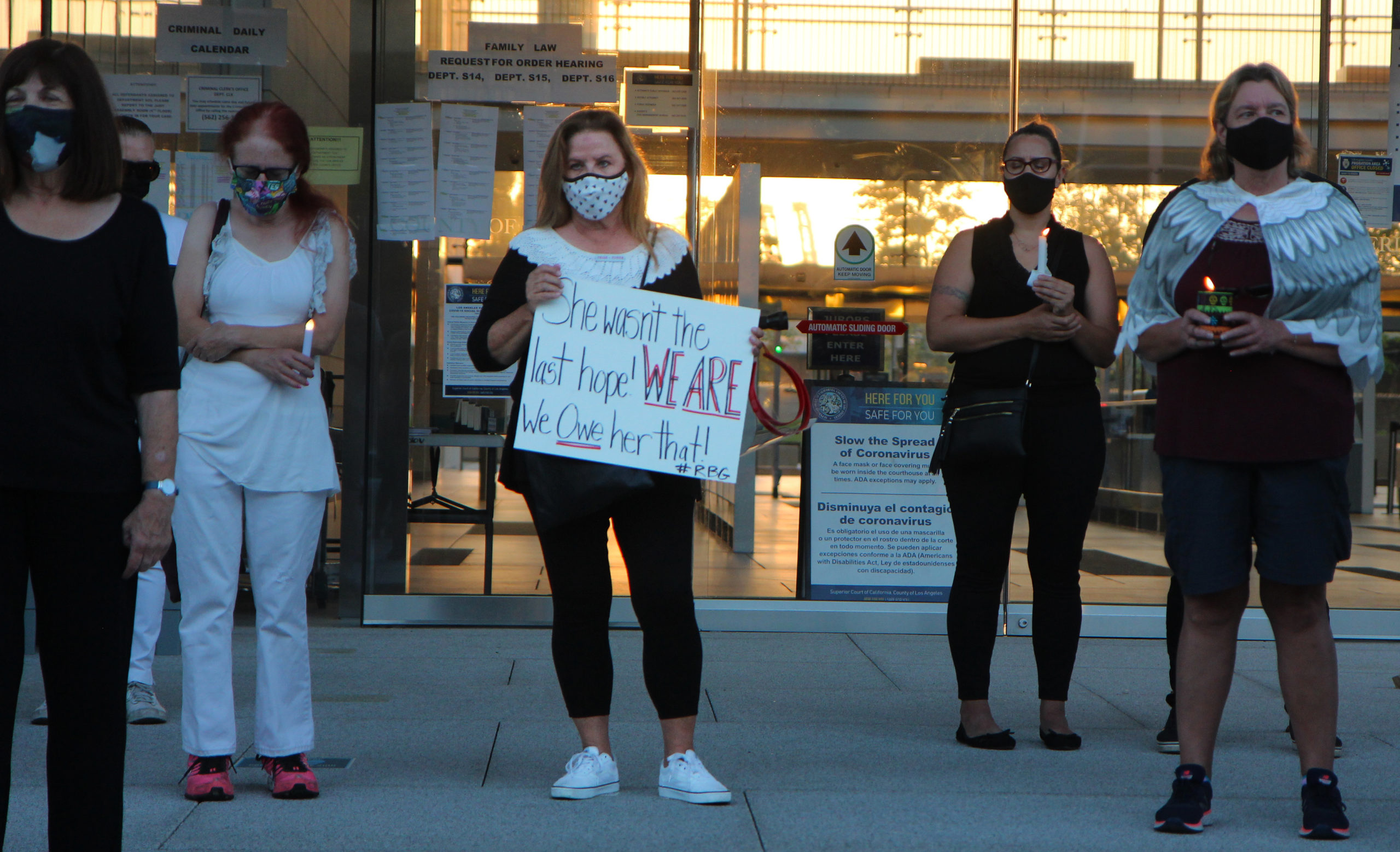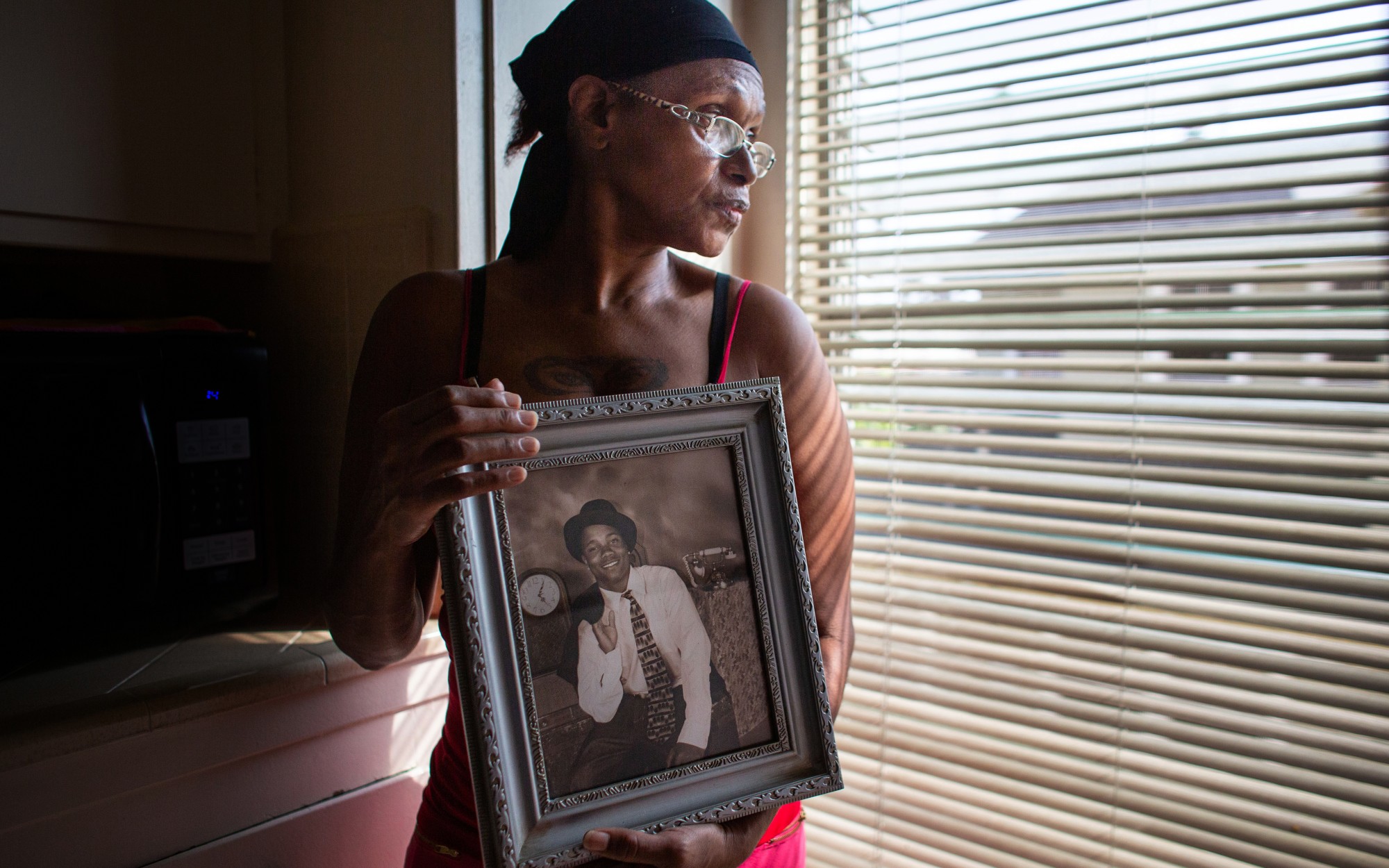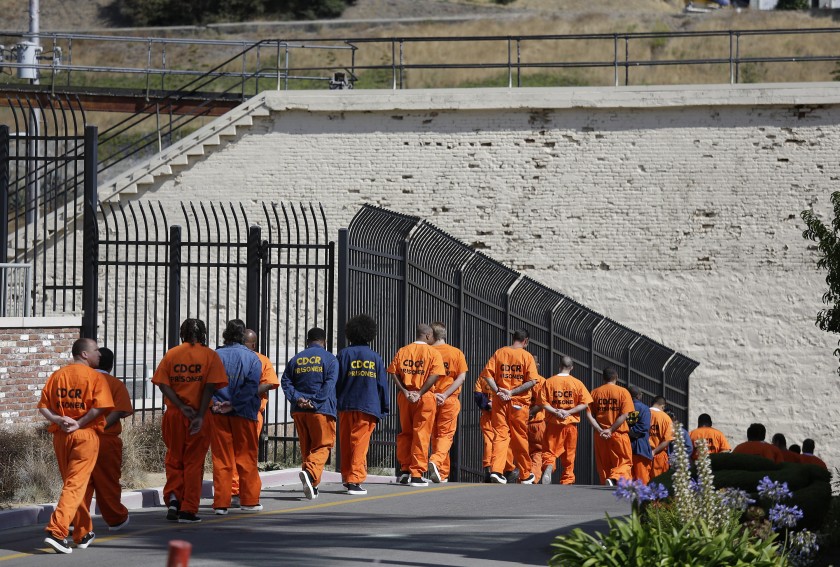Lagos #EndSARS protesters kneel while singing the Nigerian national anthem. Photo by TobiJamesCandids, October 8, 2020, via Wikimedia (CC BY-SA 4.0) Protests against Nigeria’s Special Anti-Robbery Squad (SARS) have rocked major cities in the country since October 3 when a video showing two young men being brutalized and one of them shot in the street went viral. The protests against the SARS unit became a trending topic on Twitter in several countries, and by October 9, the hashtag #EndSARS has been tweeted over 2.4 million times .
These protests have once again placed the virtual network of netizens on the frontlines. This is a “new country” of Nigerians spanning non-geographical boundaries, yet united by a common identity. When considering this phenomenon, Benkler’s networked public sphere comes to mind. Political conversations online are not just mere talk, fuming with passion but with no substance. It’s understandable that this might often be the impression portrayed; however, these discussions in virtual networks are an evolution of Habermas’ public square of antiquity, and are an essential aspect of any democracy. #EndSARS—from political conversations to a movement Protesters at the #EndSARS protest in Lagos, Nigeria. Photo by Kaizenify, October 13, 2020, via Wikimedia (CC […]
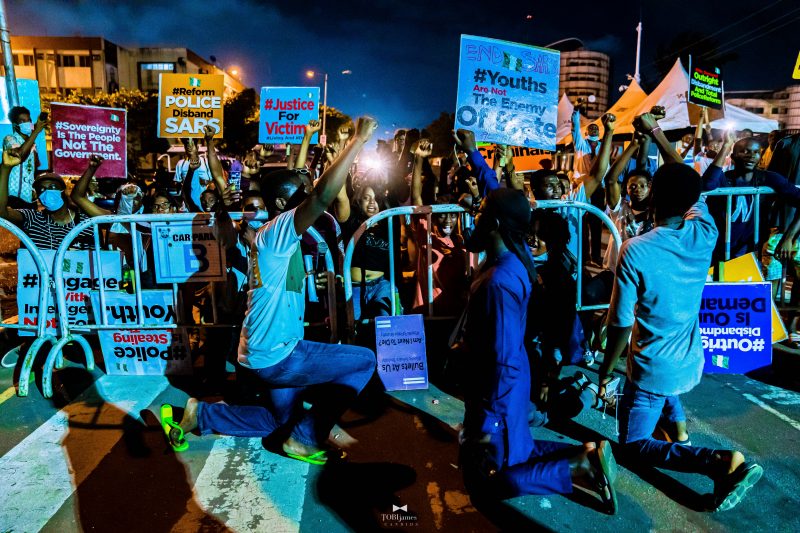

Add a comment



